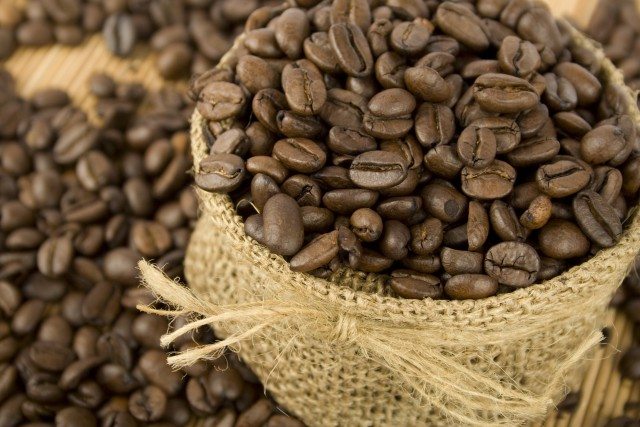The rise of the café culture in Malaysia has been stimulating the demand of having an espresso machine in one’s home.
In the first nine months of this year, GfK point of sales tracking reported over 4,400 units of espresso machines being sold in the country.
GfK tracks retail sales of hot beverage maker under small domestic appliances, which is further segmented into espresso machine, filter coffee maker and tea maker.
The less expensive filter coffee machine dominate sales within the hot beverage maker category with sales volume totaling nearly 25,000 units and valued at over RM1.6 million (US$0.38 million) from January to September 2015.
“Experiencing a similar trend with its neighboring Asian markets, the coffee industry here in Malaysia is also witnessing a greater demand for high-quality brew,” said Selinna Chin, MD for GfK in Malaysia. “Sophisticated consumers have learnt to enjoy the beverage as an artisanal food and not just a commodity.”
According to the latest GfK report, the average price of a filter coffee machine fell slightly from RM87 a year ago to RM84 this year.
In comparison, an espresso machine in the country averages around RM1,073 this year, up from RM971 a year ago. However, the most premium model can go as high as RM2,999.
This year, consumers have spent over RM2 million on 600 units of espresso machines that cost over RM2,000.
“In spite of its higher price tag, consumers who are specialty coffee drinkers see these espresso machines as an investment and are more willing to spend to get their regular coffee fix at home,” said Chin.
“Considering the one-time cost of buying a machine versus the time and costs incurred by frequent visits to the café, it makes more monetary sense to invest in the former in the long run.”
Consumer spending on espresso machines has dipped this year compared to 2014 by 5%.
However, the decline is much less when compared with the overall hot beverage machines market, which registered a substantial dip of 24% in sales value.
“The overall decline is attributed to the softening of consumer spending in general—not just in the hot beverage machine market,” commented Chin.
“However, findings reveal an interesting trend which reflects growth in the market share of espresso machine segment this year.”
“The transfer of market share from the filter coffee machine to espresso machine segment indicates that the impact of the economy is far lesser in the higher-end coffee machines segment.”
In 2015 year to date, the market share for filter coffee machines in Malaysia fell by 2% in value terms, which is being absorbed by the espresso machines segment, which makes up 75 percent value share of the total hot beverage maker market.
“Asia has a huge market potential for growth in the coffee and tea industry, driven by a growing young and affluent urban population,” said Chin.
“As the coffee culture continues to boom in Malaysia, we anticipate a sustained, if not growing demand for espresso machines in the near future.”










